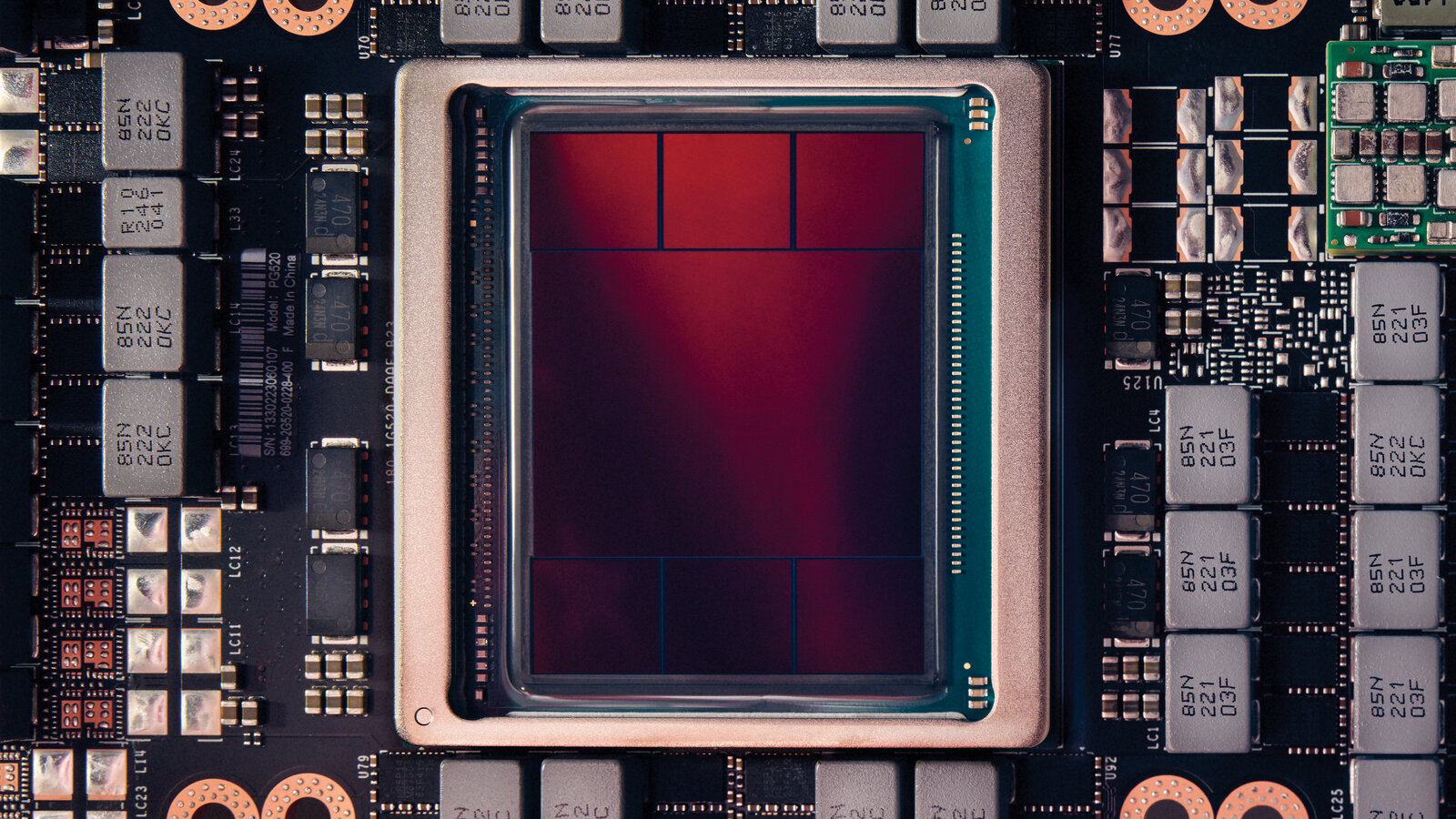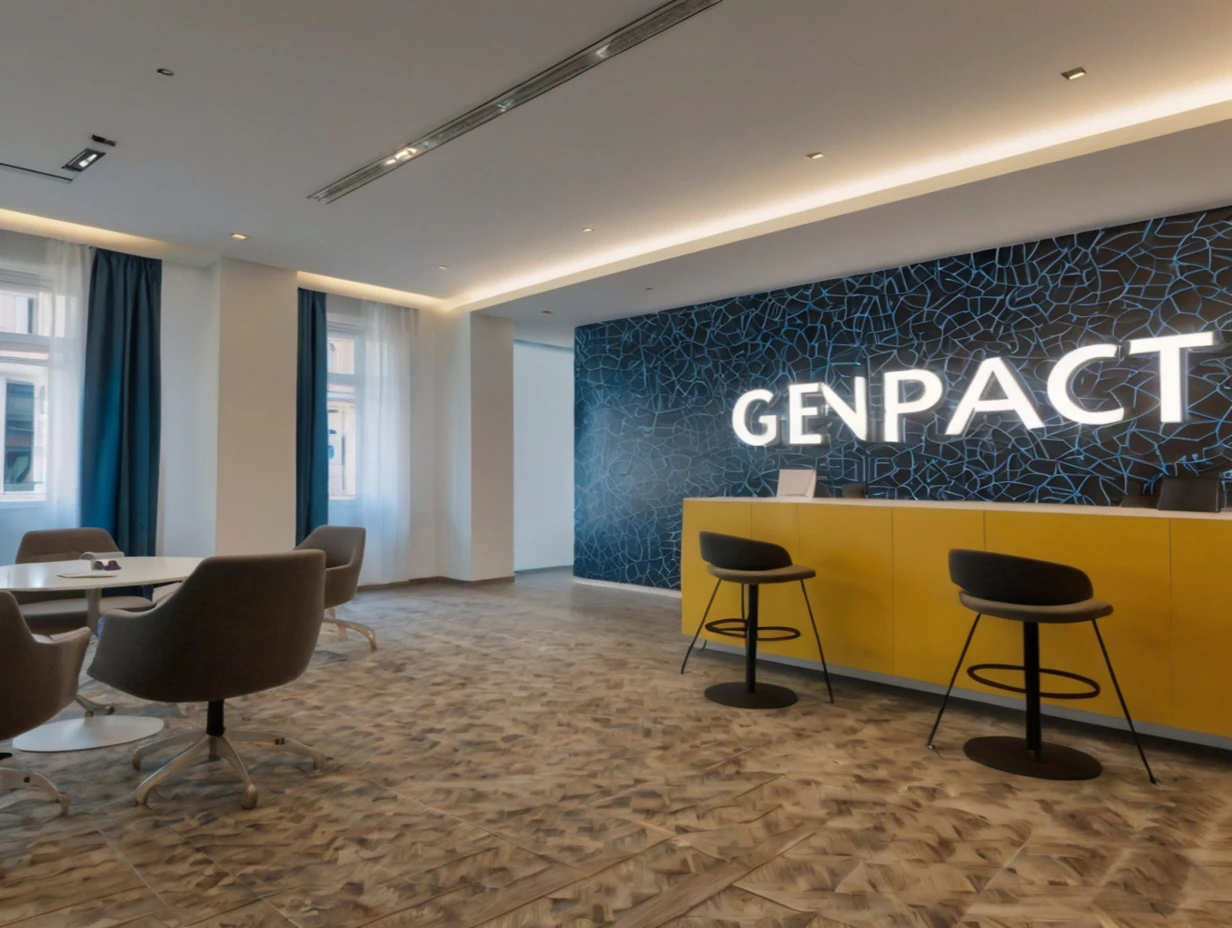Nvidia has been running circles around the rest of the S&P 500 all year. So far this year, the company has tripled its market cap, single-handedly driving market returns while leaving rivals choking on dust.
With its earnings set to drop exactly two days from now, investors are waiting to see if the chipmaker can keep up the pace. But Trump’s comeback tour, featuring promises of new trade wars, is rattling nerves.
The stakes are enormous. AI demand is booming, and Nvidia’s chips are the brainpower behind it all. The big question: Can Trump’s tariff tantrums disrupt this runaway success? Early signs suggest it’s not likely, but there’s no ignoring the potential impact of a global trade war.
Nvidia’s shrinking China revenue
First, the elephant in the room: China. Nvidia used to make a killing there. In 2021, China accounted for 25% of Nvidia’s revenue. Now? That’s down to just 12%. U.S. trade sanctions have already hit hard, but it hasn’t slowed Nvidia one bit.
Earnings have skyrocketed over the past year, turning the chipmaker into one of the biggest profit engines in the entire stock market. That’s not to say Nvidia’s China losses don’t matter. Trump’s promise to slap a 60% tax on Chinese goods would create a ripple effect across tech supply chains.
Taiwan Semiconductor Manufacturing Co. (TSMC), Nvidia’s main chip supplier, could feel the squeeze too. But the demand for AI chips is so massive that Nvidia may sidestep the worst of the fallout.
In the U.S., Nvidia is swimming in cash thanks to Big Tech. Its largest customers (Microsoft, Alphabet, Amazon, and Meta) pumped $59 billion into data center infrastructure last quarter alone. That’s a lot of servers running on Nvidia chips.
And guess what? These companies are promising to spend even more next year. The AI boom is fueling insane demand. Bloomberg Intelligence estimates spending on generative AI will hit $200 billion by 2025, and Nvidia’s sitting at the head of the table.
Its Blackwell chips are already a hot commodity. CEO Jensen Huang has said demand is “well above supply,” which sounds like a corporate humblebrag, but it’s actually true.
Harsh Kumar, an analyst, says the backlog for Blackwell chips could stretch into 2025. “By April, Nvidia will be ramping up production,” he said, adding, “Expect them to sell out for all of next year.” His current price target for Nvidia stock is $175, about 19% above where it’s trading now.
Trade war fallout: Lessons from 2018
Let’s rewind to 2018, the last time Trump threw tariffs around like party confetti. Nvidia’s stock took a beating, plunging 31% in response.
But that was before the AI gold rush. Now, the situation is very much different. Nvidia generated 57% of its revenue overseas last quarter, so a blanket tariff would sting.
Economists predict that other countries will compensate by trading more with each other, minimizing some of the damage to U.S. exports. Still, Nvidia can’t completely escape global turbulence. The prediction market Kalshi gives Trump a 50% chance of doubling tariffs in his first year back.
The upcoming earnings report will be a gut check. Investors already know demand for Nvidia chips is off the charts. The real test will be how management addresses the next wave of product launches.
Sales for its Blackwell and Grace Blackwell chips won’t hit full stride until next year, but expectations are already sky-high.
Markets are watching Trump’s every move
Wall Street is on edge. Trump’s win triggered a brief rally, with the Dow topping 44,000 for the first time ever. But optimism is fading as investors brace for his economic policies. Trump’s trade war promises could spark inflation and rattle global markets.
Already, Treasury yields are climbing. The 10-year yield hit 4.5% last week, with some analysts predicting a spike to 5%. Rising yields could pressure Nvidia’s stock, especially if inflation fears ramp up.
The Federal Reserve expects rates to drop to 3.4% by 2025, but the market is pricing in fewer cuts, showing severe uncertainty.
But not everyone is sweating the return of tariffs. Banks are actually set to benefit from it, while pharmaceutical stocks are already feeling the heat.
Trump’s decision to nominate vaccine skeptic Robert F. Kennedy Jr. as Secretary of Health and Human Services sent Moderna shares down 5% and Novavax down 7%. Nvidia doesn’t have to worry about regulatory heat, but trade policy could still complicate things.





